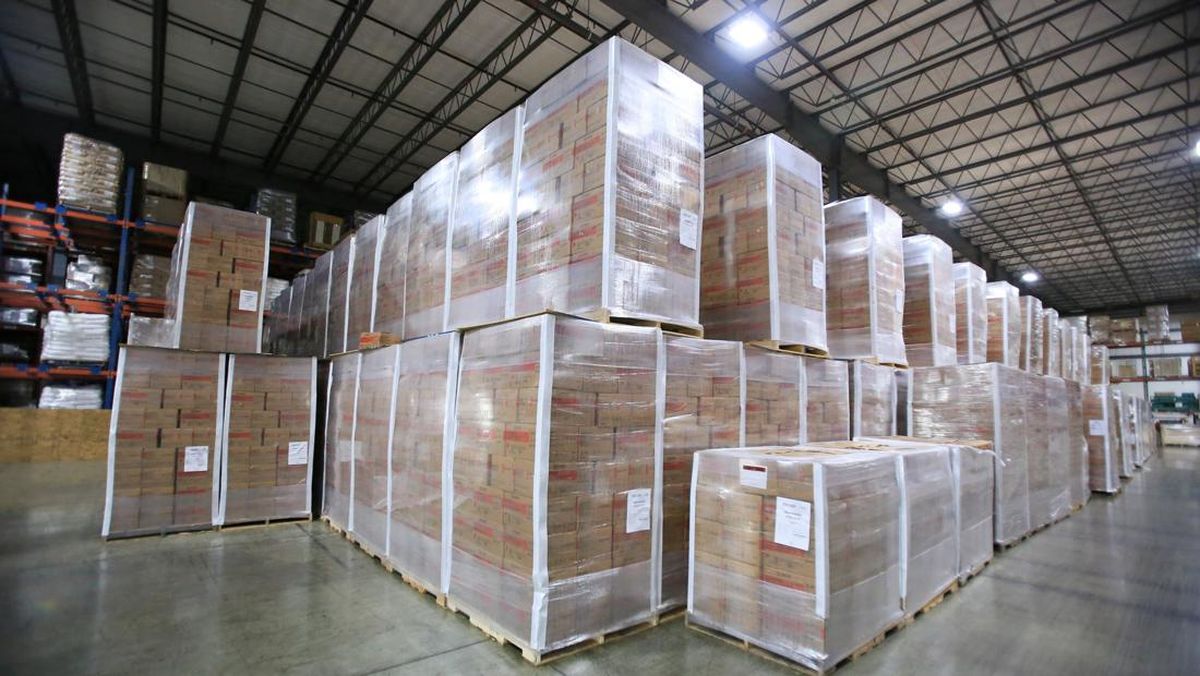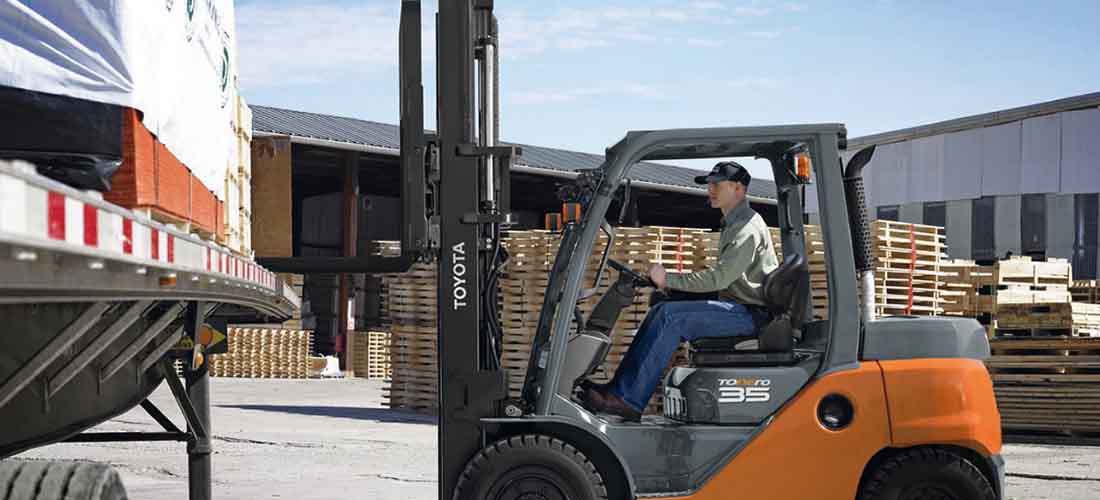In a surprising and controversial decision, former U.S. President Donald Trump has imposed massive cuts to the U.S. Agency for International Development (USAID), causing widespread disruption to global aid distribution. One of the most alarming consequences of this policy shift is the stockpiling of food aid in warehouses around the world — food meant for vulnerable populations now risks spoiling.
Let’s break down what happened, why it matters, and what the world can expect next.
Massive Budget Cuts Hit USAID Hard
During his administration, Trump ordered sweeping reductions to foreign aid spending, including billions in cuts to USAID programs. These budget slashes affected contracts, delayed shipments, and even paused critical humanitarian missions. As a result, warehouses that were once active distribution points are now filled with untouched food supplies.
This sharp policy turn was justified by the Trump administration as a way to reduce “wasteful spending” and prioritize domestic concerns. However, the real-world impact tells a different story.
Food Aid Meant for the Hungry Now Wasting Away
One of the most immediate effects of the funding cut is the accumulation of over $500 million worth of food aid, much of it from American farmers, sitting unused. These supplies were originally destined for famine-prone areas in Africa, Asia, and parts of the Middle East.
Because logistics contracts were canceled and field programs suspended, the food cannot reach its intended recipients. This has paralyzed operations and left millions at risk of severe hunger or malnutrition.
Aid Groups Sound the Alarm
Humanitarian organizations have been quick to raise concern. Many warn that the food aid is perishable and could spoil if not distributed soon. Warehousing costs are also rising, straining what remains of global aid budgets.
In regions like northeast Nigeria and Somalia, programs funded by USAID have come to a complete stop, leaving thousands of children without therapeutic food or basic medical supplies. Aid workers report an uptick in preventable deaths — a tragic outcome that could have been avoided.
Global Implications and Diplomatic Fallout
Beyond the humanitarian cost, these aid cuts have broader political implications. Countries that relied on U.S. aid now face deepening instability, and trust in the United States as a humanitarian leader has been eroded.
Meanwhile, rival nations like China and Russia have been quick to fill the void, using aid as a diplomatic tool to expand influence in developing regions.
The Way Forward: What Needs to Change
To prevent further humanitarian disaster, experts urge a swift reassessment of aid policies. Many recommend restoring funding to critical USAID programs and allowing remaining food aid to be rerouted through trusted international partners like the World Food Programme.
Additionally, greater transparency and accountability in aid distribution could help ease public skepticism and ensure that assistance reaches those who need it most.
Conclusion: A Wake-Up Call for Global Responsibility
Trump’s decision to slash USAID funding has had immediate and dire consequences. As food aid gathers dust and rots in warehouses, millions are left wondering when — or if — help will come. This crisis serves as a stark reminder that humanitarian aid is not just about politics — it’s about survival.













